
The first trimester of pregnancy is the most vital period of it being concerned by building of your baby systems. So you must watch for the early signs of pregnancy to be ready!

WHAT TO EXPECT DURING THE FIRST TRIMESTER OF PREGNANCY.
The #firsttrimester starts on the day of your last period, and goes on until the end of week 12. #Early #Signs of #Pregnancy Painful & bigger breasts One of the ...

First Trimester of Pregnancy: Everything You Need to Know
The first trimester starts on the main day of your last period and goes on until the finish of week 12. This implies when you know without a doubt you're pregnant, ...
Early Signs of Pregnancy
There is a wide range of physical and emotional symptoms women can experience during pregnancy. Many women suspect getting pregnant when they miss a period but even before that you may suspect it by the earliest symptoms of pregnancy including:
Painful & bigger breasts
One of the first symptoms of pregnancy is tender and swollen breasts. Just within two weeks of getting pregnant, your hormonal changes can cause these breast symptoms. Try Herbal agents to relieve your breast soreness. Herbs can improve blood flow and lymph drainage. It’s also worth trying to buy a Breast Ice Pack which can help sooth your tenderness.
Drained
Feeling fatigued and drained also ranks high among early signs of pregnancy. This is can be explained by the high levels of the hormone progesterone in early pregnancy. Also, pregnancy is associated with difficulties in sleep duration and quality.
To improve the quality of your life and avoid feeling tired, it’s better to:
- Eat Healthy Diet and Take vitamins
- Get Enough Sleep. Want a good night sleep? What about trying Total Body Pillow. It can provide good night’s rest while supporting your growing bump.
Slight bleeding or cramping
Spotting or mild vaginal bleeding could be one of the first signs of pregnancy. That happens when the fertilized egg reaches the uterus getting implanted into its lining. This implantation leads to minor tear causing vaginal bleeding; so it is called “implantation bleeding”.
This occurs about 10 to 14 days after fertilization of the egg. To differentiate it from the normal period, pregnancy spotting characters include being earlier provided that your period is regular, spottier, not heavy, lighter in color and lasts for only about 2 days. You may also experience abdominal cramping early in pregnancy.
Morning sickness
Eight out of ten pregnant women are affected by morning sickness early in pregnancy. It refers to experiencing nausea and vomiting as early as two weeks after conception. It is nothing to worry about unless you experience excessive vomiting and cannot manage to keep your food down. In this case, you may have a harmful condition known as hyperemesis gravidarum_ one of the most common reasons for admission of a pregnant woman to the hospital.
How to Manage Your Morning Sickness?
- Try small more frequent meals: instead of nauseating three large meals each day, try to eat smaller more frequent meals.
- Relieve your stomach upset with ginger: Try ginger tea, ginger chews, ginger or take capsules of ginger four times a day can also help.
- Don’t crave more: try to skip fatty foods, sugary foods, spicy foods, and gas-producing foods. Pregnancy diet containing high protein and carbohydrate, salty with low-fat is more likely to improves your nausea and vomiting
- Schedule your prenatal vitamins appropriately: iron supplements are known for its nausea side effect; so it’s better to time it before bedtime, instead of in the morning on an empty stomach. If the symptoms persist, talk to your doctor about trying a parenteral iron.
- Try morning sickness bracelet: buy Sea-Band Mama! it’s a well-worth exploring anti-Nausea Acupressure Wristband to treat your motion sickness without drug.it works by pressing against an acupressure point on your inner wrist to decrease your nausea symptoms.
- Go out: exercise can help ease your symptoms. Practice your favorite sport: walking, swimming, or joining a prenatal yoga class, but always contact your provider before starting a new exercise. Try Elastic Maternity Belt of Medium Strength Pregnancy Support for Running & Exercising Moms.
Frequent need to urinate
The high levels of hormones early in pregnancy can make you need to urinate more often. So it is advisable to drink plenty of water to avoid getting dehydrated.
Missed Period
Many women rely on it to suspect pregnancy being the most obvious early symptom of pregnancy. This sign works if you have a regular period so you are able to detect being missed.
Am I pregnant?
The mentioned above signs can help suspect pregnancy but you can’t rely on. The only surest sign of pregnancy is to have a pregnancy test to tell you if you are pregnant or not.
A pregnancy test measures one of the pregnancy hormones known as “hormone human chorionic gonadotropin” in your body. This hormone besides being continuously present in the female body, during pregnancy it shows high levels being also produced by the cells of the embryo.
This hormone can be measured in both the blood and the urine. A urine test is the most common form of pregnancy testing being easily done and available in drug stores. a pregnancy test can be positive within 7 to 9 days after conception.
Shop Related Products
Your Guide to the First Trimester of Pregnancy
Pregnant: Congratulations! The first trimester of pregnancy is the most critical. First trimester means the period from fertilization of the egg by the sperm (realized by the first day of your last period) till the end of 12 weeks pregnancy.
First Trimester Symptoms
How do you feel in the first trimester of pregnancy? In addition to the listed above symptoms you may also experience:
Food aversions
Being pregnant, certain foods and odors may make you uncomfortable. Also, you might experience change in your sense of taste.
Heartburn
Pregnancy hormones such as progesterone cause relaxation of the valve between your stomach and esophagus, this allows stomach acid to regurgitate into your esophagus irritating it, causing heartburn. To prevent heartburn, eat smaller frequent meals, avoid fried foods citrus fruits, chocolate, and drink soothing organic caffeine-free herbal tea.
First-trimester constipation
Normal bowel movement is essential to avoid constipation. In pregnancy there are high levels of the progesterone hormone slowing the passage of food through your bowel, causing constipation. If you take iron supplements, it can worsen the problem. To relieve constipation, it is advisable to add much more fiber in your diet, drink plenty of fluids, especially water and take Probiotic supplements containing Lactobacillus acidophilus and Bifidobacteria. Physical activity can also help.
Emotional disturbance
Pregnancy is a source of mood ups and downs with increased risk for future mood compromises during pregnancy. Mood swings are nothing to worry about during pregnancy. But if you are nervous or down all the time, it could be a sign of a bigger problem necessitating psychiatrist consultation.
First Trimester Baby Growth
The first trimester is the most critical trimester of pregnancy because, during this time, your baby is growing rapidly so it is important to know how to care for your baby during this trimester to have a healthy pregnancy. During this trimester, your baby passes through two official stages of development. The first stage is the early seven weeks of pregnancy when your growing baby is known as an “embryo. The second is from eight weeks to birth when your baby is known as “fetus.”
First-trimester growth
Using Ultrasound throughout the first trimester of pregnancy, your doctor can assess your baby development and growth. The first three weeks of pregnancy are concerned with fertilization of the egg and implantation of the uterus. By about four weeks, your baby’s major body systems start to develop.
Baby’s bones
By the first month, your embryo develops three layers from which the different systems grow. Your baby’s bones develop from the middle layer. By 8 weeks pregnancy, the arms and legs start to develop, then by 12 weeks your baby’s face, nose, fingers and toes develop.
Hair and nails
Baby skin development starts between week 5 and week 8 of pregnancy and becomes well developed by month 4. At week 11 your baby fingernail and toenail beds development begin, and the nails themselves starting to grow at week 12 and become fully developed in 2nd trimester. When you are 14 weeks pregnant, your baby hairs start to develop poking through the skin.
Digestive system
Early development begins when you are 5 weeks pregnant. Your baby’s tube passing food to the stomach known as “esophagus” and his stomach start to develop when you are 7 weeks. At 10 weeks, the small intestine develops and folds into loops, whereas your baby’s anus and rectum develop by 11 weeks.
Eyesight
There are two nerves of vision known as “Optic nerves” responsible for sending info from the eyes to the brain and back start to develop by week 4 with the lenses, and the retina starts to form when you are 8 weeks pregnant.
Heart
Your baby’s heartbeats begin by week 5 and this can be detected by vaginal ultrasound. Detection of fetal heartbeats is important in assessing pregnancy to define it as viable pregnancy.
| Day/Week | Stage | Possible Problems |
|---|---|---|
| Day 0 | The sperm become mature in your genital tract and ready to fertilize the egg. Conception occurs by the success of the sperm to fertilize the egg forming fertilized egg. | Instead of fertilizing the egg by one sperm, got by two resulting in chromosomal aberrations leads to pregnancy loss. |
| Day 1–5 | The fertilized egg passes through the tube to reach the uterus, while that it divides forming collection of cells. | This early period of pregnancy_ when you may not even know you are pregnant_ is vital for continuation of the pregnancy. Any error in implantation or formation of the placenta can end up with miscarriage. |
| Day 6 | On Day 6, the cell mass of your baby gets implanted in the uterus causing mild vaginal bleeding. | Also congenital anomalies can occur during this period. |
| Days 6–12 | Your baby cell mass starts to develop the placenta to unit with the uterus. Also, the baby starts secreting the pregnancy hormone used in pregnancy testing. | |
| From week 9 | The fetus stage starts and your baby continue to develop. | The problems here are attributed by if the fetus is exposed to toxic drugs, infectious agents, radiation, certain medications, infections, Rh mismatch and diabetes. |
| Week 3 | When you are 3 weeks pregnant, your baby is a disc of 3 layers. | As this period is concerned with development of body organs, infections and drug intake could harm your baby development; so seek medical consultation as early as possible if you feel sick or want to take any medication. |
| Weeks 3–8 | Development of the embryo and his organs starts. Your baby nervous system starts to develop by week 4. His heartbeats also can be heard by ultrasound. Also the ears and eyes appear, upper and lower limbs, teeth buds and being male or female is known. |
Shop Related Products
First Trimester Nutrition
Yes, nutrition is important in the first trimester of pregnancy. Inadequate nutrition in pregnancy can result in numerous deficiencies including iron deficiency and may impair the function of the placenta, tissue responsible for the nourishment of the baby during pregnancy. Also, it can contribute to miscarriage, impairment of baby growth during pregnancy, preterm birth, and preeclampsia.
Want a healthy pregnancy? Want Healthy baby? Take care of your diet. A healthy diet is really essential during your first trimester of pregnancy. You need a diet plan with the right proportions of foods which designate your healthy diet program. The following tips will help you to eat healthily but it’s better to consult a dietitian:
Starchy carbs are known as low GI foods as when you eat them the body digest more slowly and these keep your blood sugar levels more stable. Low GI starchy foods are healthier than high GI Carbs as the later cause sudden up and down of your blood sugar making you more prone to gestational diabetes. Low GI carbohydrates include bananas, sweet potatoes, chickpeas, wholegrain bread, cereals and pasta. A diet based on these healthier starches can provide the fuel you and your baby need during pregnancy without causing harm.
An advisable approach is to include high amount of slow-release, fiber-rich low GI starches, balanced with little amount of higher GI foods to boost your energy level.
According to studies, drinking milk during pregnancy is good for delivering baby of average weight. The Canadian Medical Association Journal recommends drinking more milk _more than one cup_ daily increase baby birth weight by 41 g.
You pregnancy diet should be high in protein-containing lean meats, fish and other protein-rich foods like eggs, and beans. These foods provide protein, iron and folic acid essential to build your baby body. Oily fish at least once a week is advisable to get your essential omega-3 fatty acids, If you don’t want, try taking Fish Oil Supplements.
Shop Prenatal Vitamins
What Vitamins Should I Take During First Trimester of Pregnancy?
Vitamins should you take during the first trimester basically include folic acid and vitamin D. Eating a healthy, well-balanced diet make all you need is taking folic acid supplements of 400mcg dose per day and vitamin D of 10mcg per day.
Prenatal vitamins
Relax and take prenatal vitamins. Prenatal vitamins help to replace any nutritional deficiencies in your diet. Best prenatal vitamins include folic acid, iron, iodine, and calcium.
Folic acid
Folic acid is one of the most important prenatal vitamins being helpful in preventing neural tube birth defects, which affect your baby brain and spinal cord. Within month 1 of pregnancy, neural tube defects can develop before even knowing you are pregnant. So, it’s recommended to take 400 micrograms of folic acid daily, as early as possible before even being told that you are pregnant and continue it throughout the first trimester.
Calcium
Avoid bone problems! Calcium is an essential prenatal vitamin for a pregnant woman. It helps to preserve your own bone density as your baby uses calcium for its own bone development. If your body doesn’t find enough calcium in the blood to use in building your baby bones, it gets it from your bones.
Iodine
Iodine is essential for the synthesis of thyroid hormones. Thyroid hormones are critical for healthy pregnancy. So any deficiency in iodine can affect your baby development causing stunted physical growth and severe mental impairment.
Iron
Iron is essential for both the mother and the baby. Iron is used to make extra blood (hemoglobin) for mother and baby during pregnancy. It also carries oxygen from your lungs to the rest of your body and to your baby’s. Iron supplements can prevent you from becoming anemic which worsens you are feeling tired.
What to Look for in Prenatal Vitamins Full list of prenatal vitamin you need:
- Folic acid
- Vitamin D.
- Calcium
- Vitamin C.
- Thiamine
- Riboflavin
- Niacin
- Vitamin B12.
- Vitamin E
- Zinc.
- Iron.
- Iodine
Prenatal vitamins are best to be taken under the supervision of your doctor.
- Liver being rich in vitamin A which is harmful for growing baby.
- Raw meats and fish: Undercooked meats and fish can be a source of dangerous infectious agents, e.g. listeria and E.coli.
- Avoid raw and undercooked eggs, Unpasteurized milk, soft cheeses, and blue vein / mold-ripened cheeses for the same reason
- Caffeine
- Alcohol






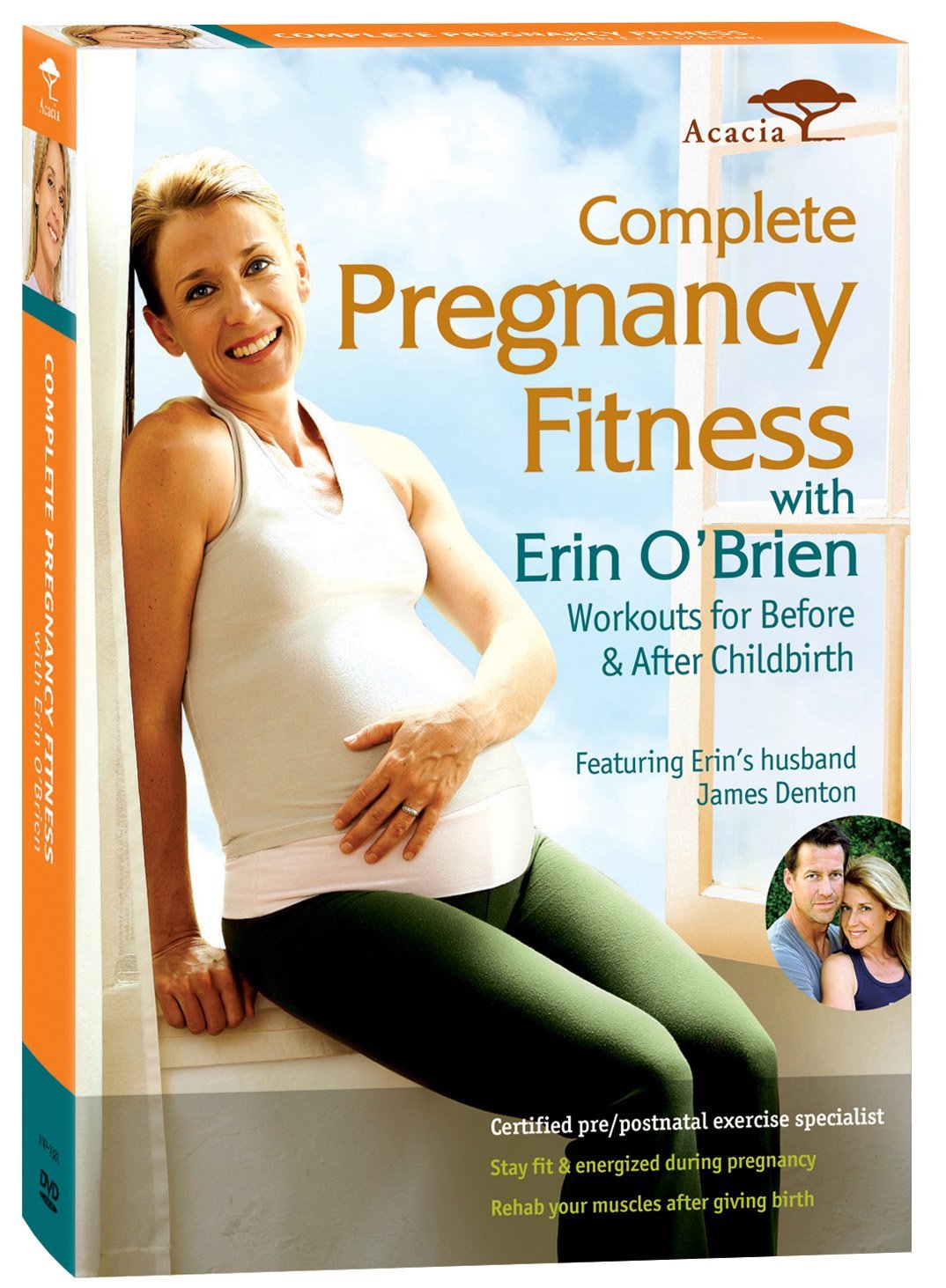

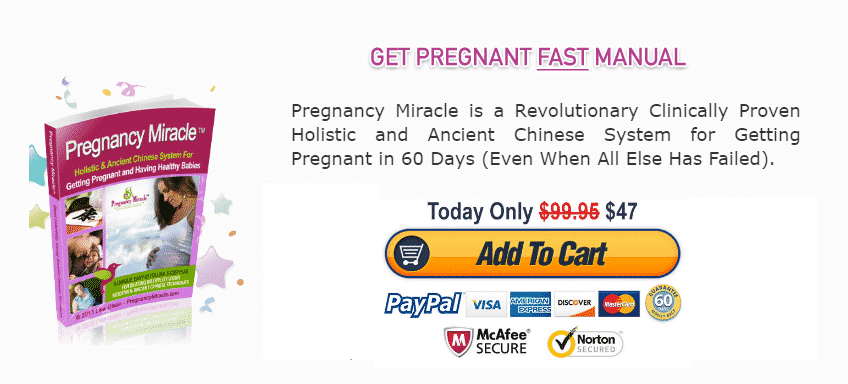
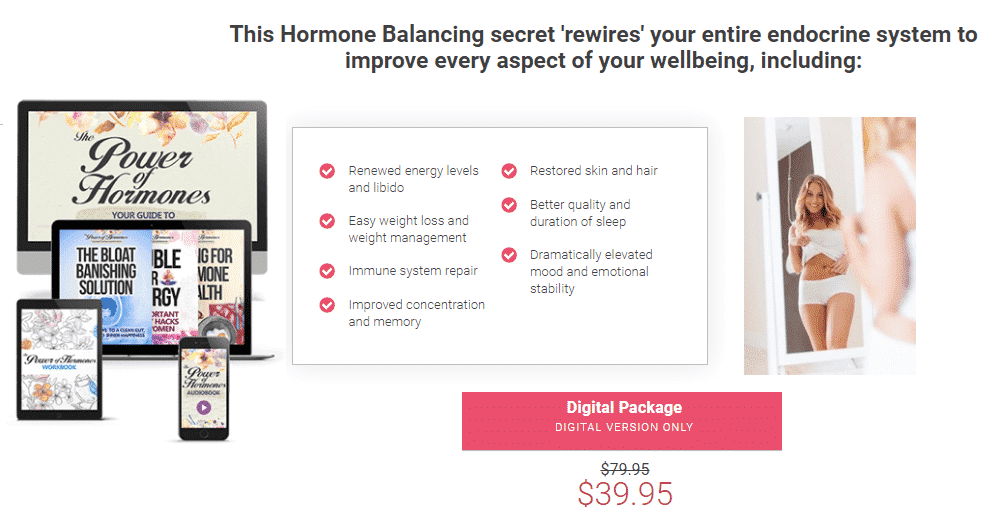

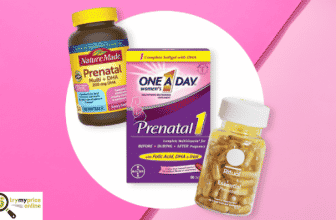
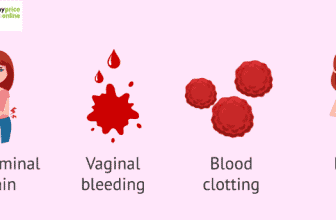
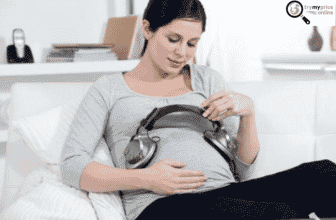
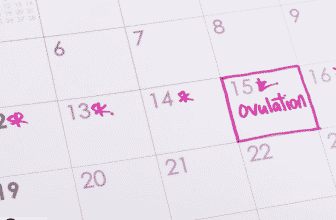

[…] are also some tips for the sake of surviving first trimester with a […]